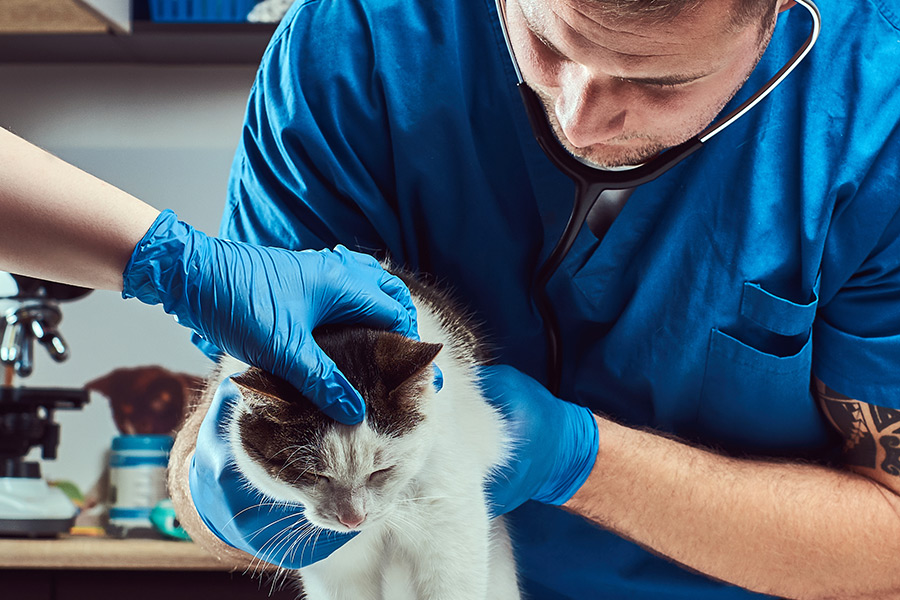|
The Universidad de La Frontera accomplished the long-awaited project of adding a new program in Veterinary Medicine to the academic offer of the university in the admission process for 2022. |
It is official. On Thursday, July 22, the Board of Directors of the Universidad de La Frontera (UFRO) approved the new program in Veterinary Medicine, a program promoted by the Faculty of Agricultural and Forestry Science. The Rector, Dr. Eduardo Hebel Weiss, highlighted that “it is a great pleasure for us to be able to add this new program to our existing offer within the celebrations of UFROs 40th anniversary. This achievement has been possible thanks to the great work of the academic body of the Faculty and of its Dean”. The Veterinary Medicine program will allow a maximum of 50 students and starts in 2022. Some of its advantages are the highly qualified academic body, the new infrastructures with clinics for small and large animals and a wildlife rescue center, the availability of experimental campuses, and a curricular proposal that is strongly linked to the needs of the La Araucanía Region and the south of Chile. The growing interest in Chile in this field confirms the relevance of the creation of this new program, which will be part of the well-established Faculty of Agricultural and Forestry Science at UFRO. “The Veterinary Medicine program will allow us to develop new synergies that complement our current undergraduate offer. In particular between Agronomy and Animal Production; Engineering in Natural Resources and Wildlife Conservation; and Biotechnology and Food Development,” the Dean, Dr. Adison Altamirano, explained. At present, veterinary medicine is mainly related to animal health, public health, biomedical research, food safety and ecosystem health. However, according to Emma Bensch, the director of the new program, there are interesting characteristics that let this proposal stand out. “In addition to the possibility of carrying out a large number of practical activities, the students can also choose from various electives to deepen their knowledge in different disciplines of the profession. In addition, the methodological strategies focus on a strong relationship with the environment, through a strong link with small producers in the region and around our Experimental Campuses,” she explained. Moreover, the UFRO program in Veterinary Medicine offers great advantages for its future graduates, since they will have the opportunity to join UFROs postgraduate programs, among others. “We designed a curricular structure that, through specialized electives, gives the students the opportunity to get an insight into our active lines of research of our Master’s and Doctoral Programs. We have always had a large number of Veterinarians in our Doctoral Programs in Applied Cellular and Molecular Biology, and in Agri-food Sciences and Environment,” added Dr. Néstor Sepúlveda, the Director of Postgraduate Programs and Research of the Faculty of Agricultural and Forestry Science. NEW BUILDING AND CLINICS FOR SMALL AND LARGE ANIMALS Simultaneously with the beginning of the Veterinary Medicine program, the construction of a new building with a surface of approximately 900 m2 (mainly for teaching activities) is planned. There will also be a Small Animal Clinic for the care and preventive care for companion animals, which will be located at the Andrés Bello Campus, with the aim of achieving closeness to the local, regional and university community, and for a better service. For the Experimental Campus Maquehue, the construction of a Large Animal Clinic is planned, for veterinary advising, animal health care and various clinical procedures. Another long-awaited project is the establishment of a Wildlife Rescue Center, for being able to contribute to the protection and recovery of species affected by anthropogenic activities.
Written by: UFRO Communications Office
|





